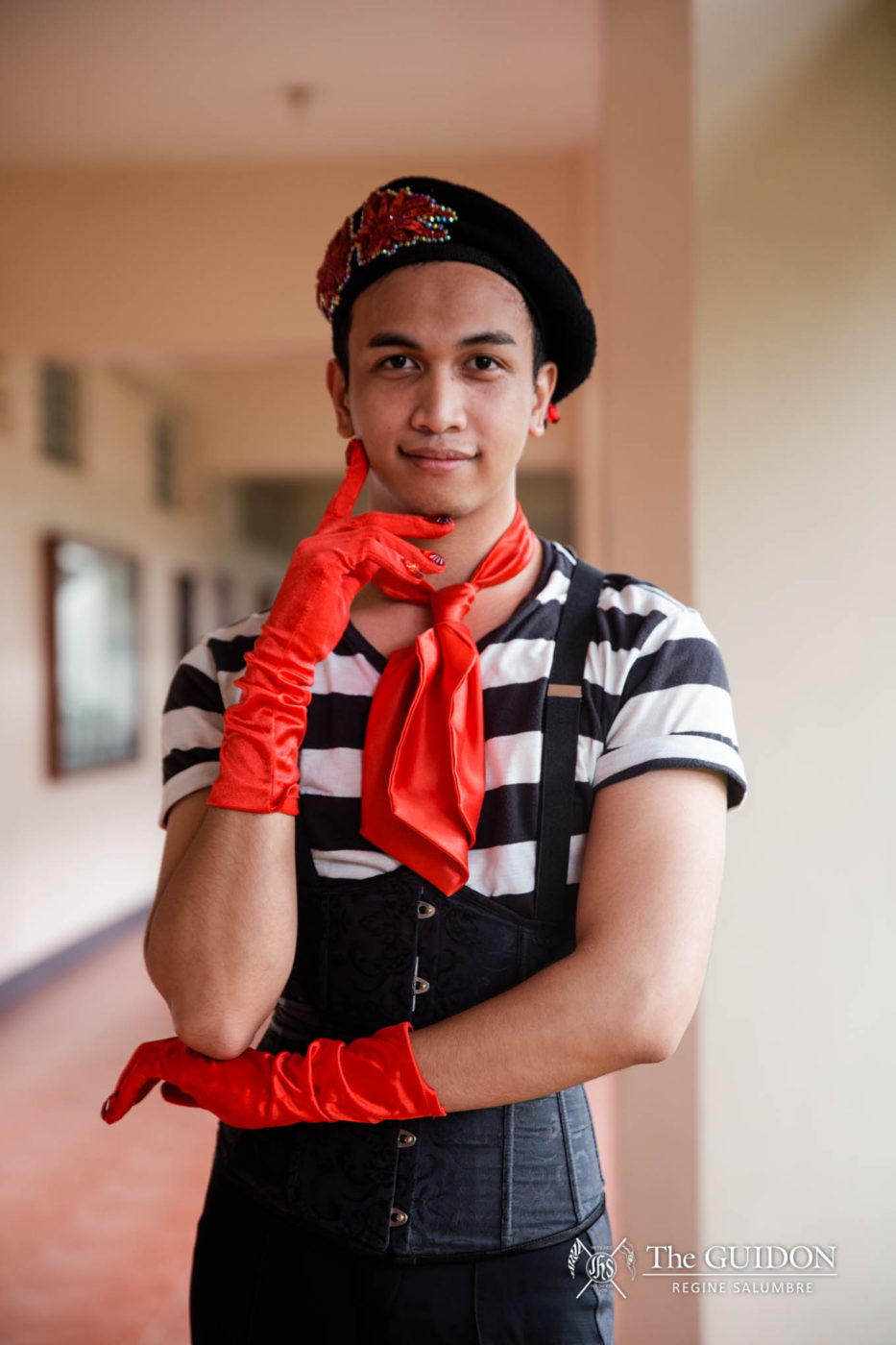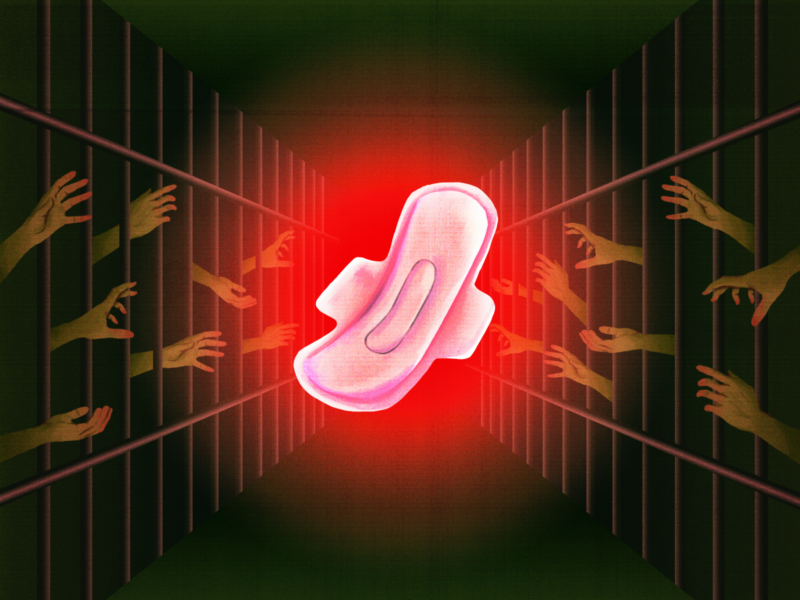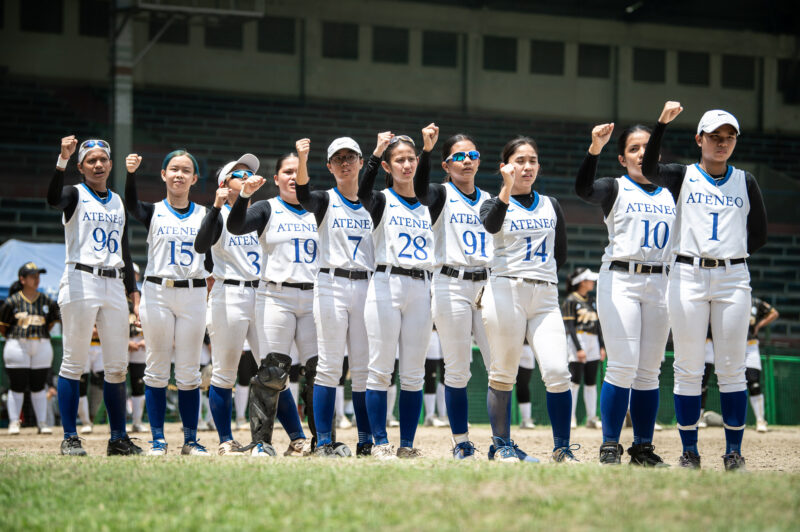COMING OUT isn’t easy. Circumstances vary, and the fight for acceptance and equality in a heteronormative society persists. With various initiatives in school like the Sanggunian’s One Big Pride March and the Loyola Schools’ establishment of a Gender Hub, tangible changes are being made to promote a more inclusive campus environment. However, it can still be a challenge to find solace with one’s own identity. This individual battle is not just a student’s struggle for self-discovery, but one present even among the Ateneo faculty.
Finding this “pride” in oneself can be a long journey of questions and doubts, and three members of the Ateneo faculty can relate to this winding experience. From learning how to celebrate one’s own truth to honoring unique experiences, and finally, to loving oneself, their common message resounds: At the end of the rainbow, you are not alone.
Celebrating truths: Rej Bagonoc
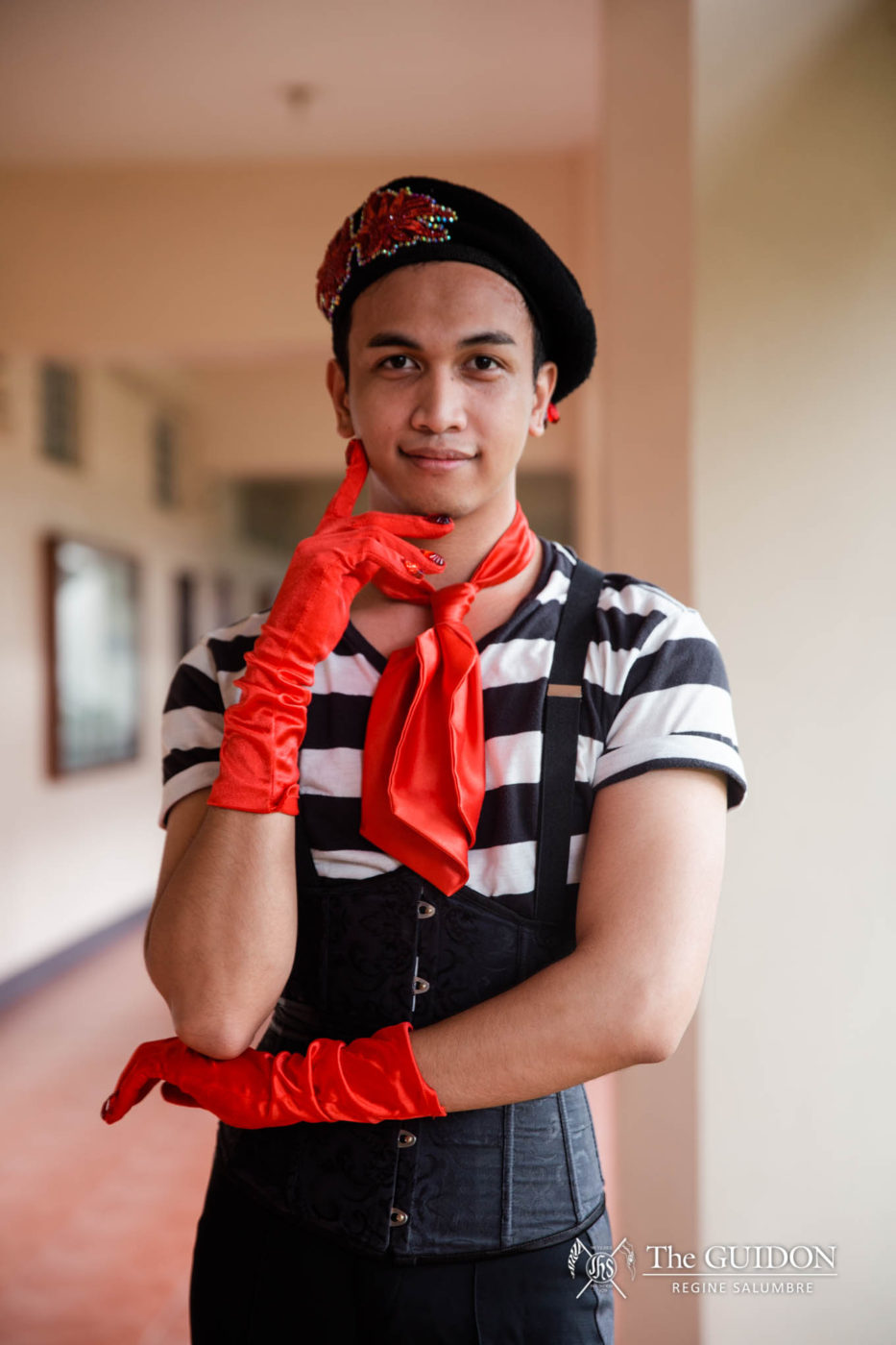
Biology department Instructor Rej Bagonoc shares what it means to live one’s truth as a gay man. With the onset of Pride March in the Philippines and the increasing culture of self-exploration and acceptance, Bagonoc leaves a different challenge for everyone: To see beyond the “loudness” and recognize the barriers that keep the quiet unheard.
However, he acknowledges that there are external barriers to realizing one’s truth—as evidenced in his own story. Bagonoc was aware of his identity at a young age, but did not come out until much later because of pressure and expectations from his immediate family.
“I knew more or less [that] I was gay, but then there was a time [when] I was just content with staying in the closet,” he said. But all of that changed when he entered Ateneo and met a transwoman.
Seeing other people out and proud helped Bagonoc come to terms with himself and open up to his family. “It made me realize [that] maybe this is actually a good environment for living my truth,” he says.
However, another hurdle Bagonoc—and many other LGBTQ+ people—have to navigate is the persistence of homophobia outside the LGBTQ+ community—and sometimes, even within. Specifically, Bagonoc refers to how discourse is primarily focused on gay men. “The lesbians, transwomen, [and] transmen are still pushed to the peripheries. The bisexuals are even considered invalid because it’s either one or the other,” he adds. For Bagonoc, this challenge stems from the patriarchal tendency of the Filipino society.
This reality, then, points to a need to cultivate an environment that is more inclusive of all people on the LGBTQ+ spectrum and conducive to those who still seek to discover their individual truths.
His unique position as a teacher has also allowed Bagonoc to discover the little things that can be done to increase sensitivity. “Even [when] interacting with students, if the student corrects you with pronouns, like what they use and what they prefer—respecting that is already a big validation for [them],” he says.
Ultimately, Bagonoc believes that although biological and neurological processes intersect to form identity, the self and its complexities only truly flourish under nurturing and supportive environments. As such, simple initiatives that contribute to fostering a more positive community, like respecting terminologies and labels—or lack thereof—are necessary steps towards respecting each other’s individual truths.
Honoring experiences: Charlie Veric

Even as a child, English Department Assistant Professor Charlie Veric was already aware that his identity clashed with a heteronormative society. “I knew that what I was feeling was different. There was a bit of shame about it, but the shame was not too overpowering as to prevent me from recognizing myself,” he explains.
Veric spent his childhood in Aklan at Panay island, where he lived and grew up as a gay man. His childhood would become his inspiration for one of his books: Boyhood (2017), a story about nostalgic memories and an eventual coming-of-age through the assertion of one’s sexuality.
In Veric’s case, literature is one of the ways in which he is able to express himself and his truth. His latest work The Love of a Certain Age (2019) is set in the context of online dating and aims to challenge the homosexual experience by exploring what it means to reach the age of maturity.
Through his work, Veric emphasizes the importance of self-expression, especially on matters of sexuality. “For people to talk about [asserting sexuality]—it’s uncommon, it’s an experience that’s stigmatized,” he shares. “That’s why [one] should express themselves with courage, especially if one is queer.”
In fact, the stigma against LGBTQ+ expression and education has left people vulnerable. For instance, though there has been a decrease in human immunodeficiency virus (HIV) infections in the world, the number of HIV cases in the Philippines continues to rise.
Veric relates this vulnerability to the modern invention of online dating. When queer people go online and experience things such as romance or sex for the first time, they end up taking big risks—more often than not, it is the only avenue for them to ever experience their sexuality. Thus, the queer population becomes more vulnerable in environments where they are unable to seek help without feeling ashamed.
In the case of the Ateneo, Veric acknowledges that there are official stances on inclusivity, but perceives these statements to be a result of students and faculty asserting their rights.
Authenticity is key: Pia Lina
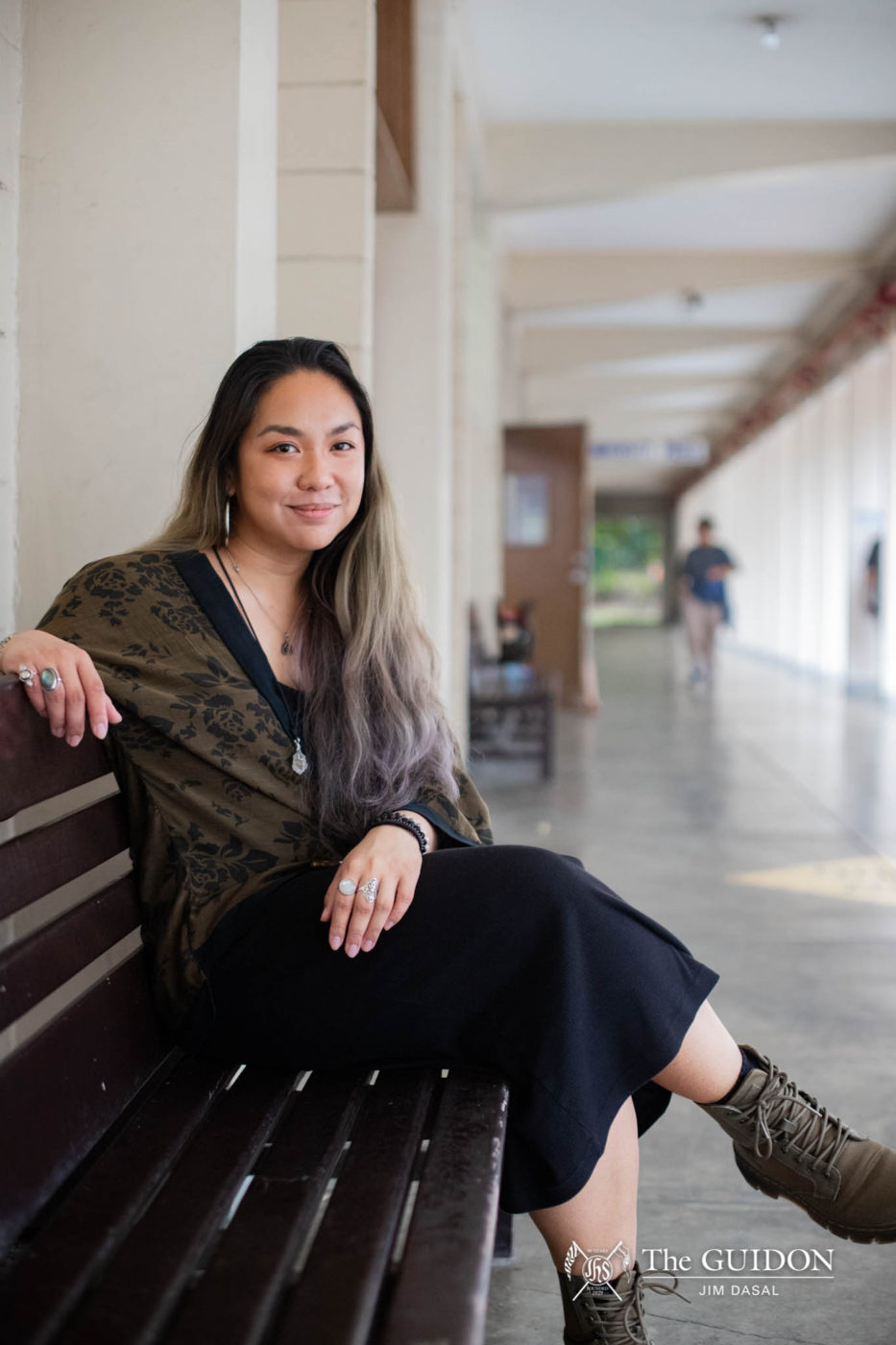
Psychology Department Lecturer Pia Lina’s discovery of her bisexuality was incidental and quite unexpected. What followed after her initial acknowledgment was a journey into the self that involved more questions than answers.
Lina recalls that she always had girl crushes in her childhood. However, years later as an adult, she did not think of these incidents as indicative of bisexuality—but she laughingly shares that life can be unpredictable. Lina discovered her sexuality at the rather late age of 28—while in a happy relationship with a straight man.
“When I was around 28, I became attracted to someone and then I asked myself the question: ‘Do I have a girl-crush or is this a crush-crush?’ How do I [deal with] that when I’m not sure or afraid of how my parents will accept me?” However, at the crossroads between ignoring the question and pursuing it, Lina chose to be authentic and prioritized exploring her identity.
But, as Lina would later learn, the journey into the self is one of harsh terrains and unexpected pitfalls.
“There’s this really funny doubt of ‘Am I just trying to be cool? Am I just trying to be different, to stand out?’” she says. Especially for bisexuality, there comes a struggle to seek validity from a society that thinks it’s “a phase” or a “denial that you’re gay.”
Lina’s confusion resulted in self-doubt, which she overcame by challenging herself. “Ask [the difficult] question, because you’re just trying to be yourself, and if you never ask yourself these questions… then you’re never gonna build your identity,” she says.
Thus, sexuality can be further nuanced by working towards accepting and loving one’s identity, “no matter what it is that you are.” To Lina, this mindset is the beginning of unlocking the true self.
Different faces, different truths
Pride in the LGBTQ+ community is not about extravagance. For Bagonoc, Veric, and Lina, it simply begins with oneself—with accepting who you are and challenging the notions that make coming out difficult.
But more than challenging hindrances, there is a need to understand that the LGBTQ+ community is not represented by one dominant sexuality or gender identity. The march for pride has not reached the end of its rainbow, not when identities at the peripheries have yet to tell their truths.
Ultimately, the empowerment of the LGBTQ+ community is an open call for solidarity—those who have gone through the difficult journey of self-discovery are encouraged to impart their knowledge to those who continue to struggle. Through this discourse, we find hope and strength to pursue authenticity, share respect, and take down harmful misconceptions.

